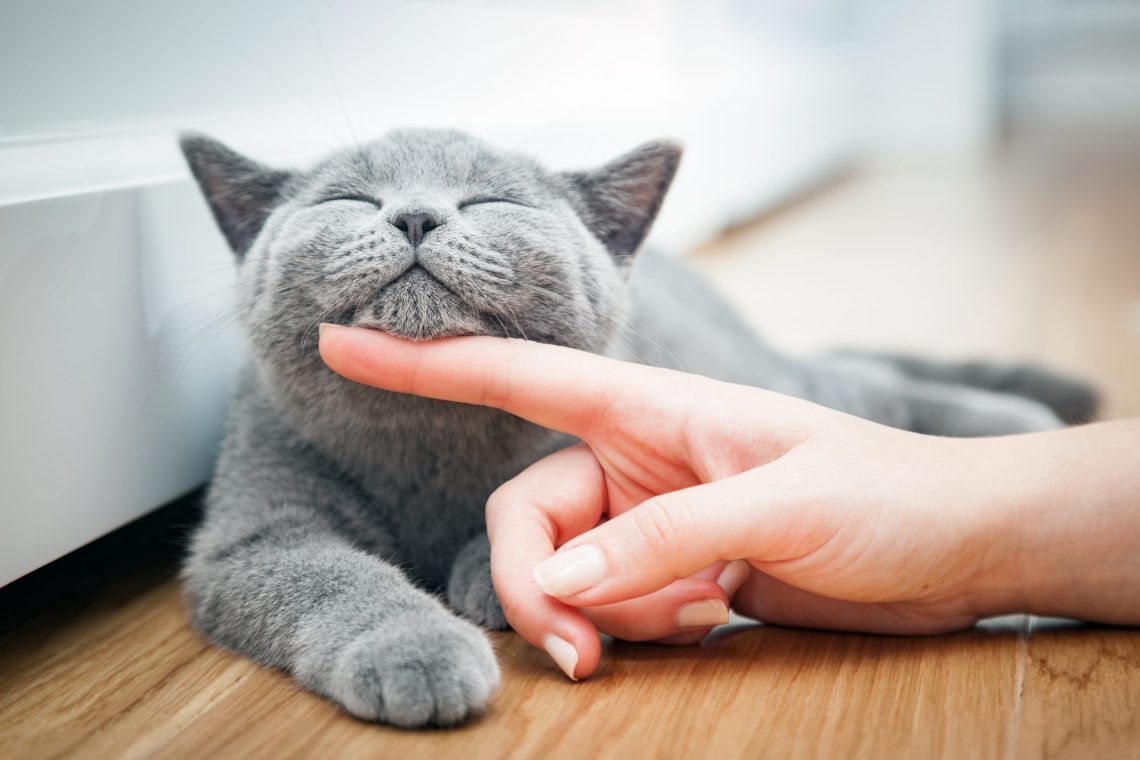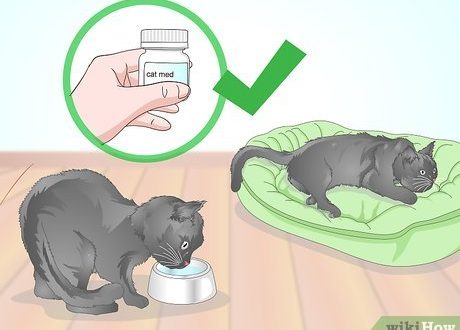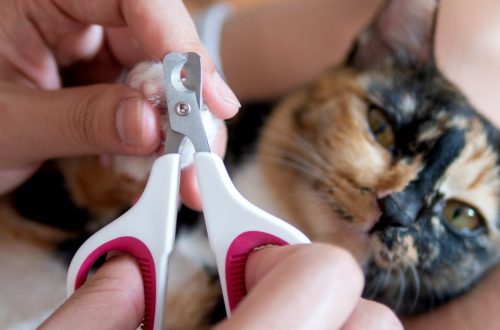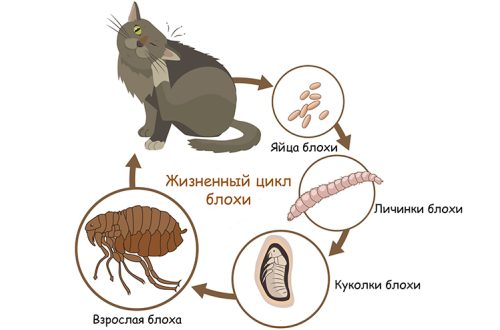
Cat breeds are long-lived, and what affects the life expectancy of cats
Knowing how many years a cat can live is very important for loving owners. Every owner of a fluffy beauty wants her to stay healthy and live nearby for as long as possible. The life expectancy of domestic cats is influenced by many factors, primarily the breed and proper care.
Contents
What affects the life expectancy of cats?
Average age of a domestic cat varies between 13-17 years, while street animals on average barely reach 7 years of age. This is influenced by several unfavorable factors:
- poor nutrition;
- infections and injuries;
- poisoned food;
- conflicts with other animals and attacks by stray dogs;
- death under the wheels of cars, etc.
Does life expectancy vary by breed?
Representatives of cats, bred artificially in violation of the requirements of the rules of breeding, get sick more often and live less. Hereditary diseases that shorten the life of pets include: polycystic kidney disease, hypertrophic cardiomyopathy, osteochondrodysplasia and others.
When you take a purebred cat from a breeder, do not be too lazy to study its pedigree, the risk of possible diseases, ask a veterinarian about the possibility of genetic testing. Outbred cats or mestizos are considered more hardy and tenacious. But among purebred cats there are long-lived breeds:
- Bombay – about 16 years;
- Russian blue – from 14 to 20 years;
- Siamese — from 15 to 20 years;
- Maine Coon – from 14 to 16 years;
- savannah – from 12 to 20 years;
- Persian, Burmese, ragdoll, sphinx and oriental – about 15 years;
- American Shorthair – from 14 to 20 years;
- Burmese – from 16 to 18 years;
- Bengal – from 12 to 15 years.
What other breed features, life expectancy can vary in different representatives of the same breed.
How to extend the life of a pet?
A cat who has lived for 16 years can be compared with a deeply elderly 80-year-old person. To increase the lifespan of cats, there are a few important things to know and do:
Feed your pet properly. It should be a balanced diet with the necessary nutrients, vitamins and minerals. Too fatty and salty food from the table will definitely not improve the health of the cat and will not prolong her life. But high-quality food will help maintain the activity and health of the cat for many years.
Be sure to check whether the pet has fresh water. Place several bowls of drinking water around the house. Pamper your furry beauty with wet food whenever possible.
Keep bowls and trays clean. This preventive measure can prevent parasitic and infectious diseases, and can also help relieve your cat of unnecessary stress – cats love cleanliness. Remember that in a house where several cats live, each should have its own tray and 1 extra.
To undergo scheduled examinations at the veterinarian, to sterilize the animal. It is best to consult with a specialist about the most appropriate vaccination schedule, preventive treatments, and the desired age for spaying. Spayed and neutered cats do live longer because they run away from their owners less often, get into fights with other animals less often, they have a lower risk of developing chronic viral infections (feline viral leukemia and feline immunodeficiency virus), they have a lower risk of developing some forms of neoplasms etc. And vaccinations and regular treatments against external and internal parasites help protect your pet from many diseases.
Monitor the health of the cat, protect it from unnecessary stress associated, for example, with moving, repairs, and so on. Stress is an important factor in the development of urinary tract diseases in cats!
Let your cat lead an active lifestyle. These animals are inquisitive and energetic, so any games are suitable for them: with a ball, mouse, feather, laser pointer. Houses, tunnels, passages, special shelves – all this stimulates the pet to move around the apartment. A cat that spends most of its time on the couch runs the risk of gaining excess weight, and with it others.
Don’t let her walk around unsupervised. A domestic cat faces many dangers on the street in the form of scattered rodent poison, dog attacks, or the risk of being hit by a car.
Give lots of attention and love. After all, the owners themselves can influence how many years cats live at home. Animals feel comfortable being petted, talked and played with, not scolded or punished.
The oldest cats in history
Not only people, but also feline representatives get into the Guinness Book of Records. One of the oldest cats in history is the Canadian Sphynx Granpa Rex Allen, who lived for 34 years in the UK. An even older cat was a pet named Lucy, who lived for 43 years, and also in the UK. She died in 2015. And a white and red Maine Coon from England named Rubble lived for 31 years. Burmese cat Lady Catalina also got into the Book of Records, having lived 35 years in Australia.
No matter how long your furry pet lives, create the most pleasant and safe living conditions for him, full of care and love. The cat does not need so much from you, spend in joy together for many years.





